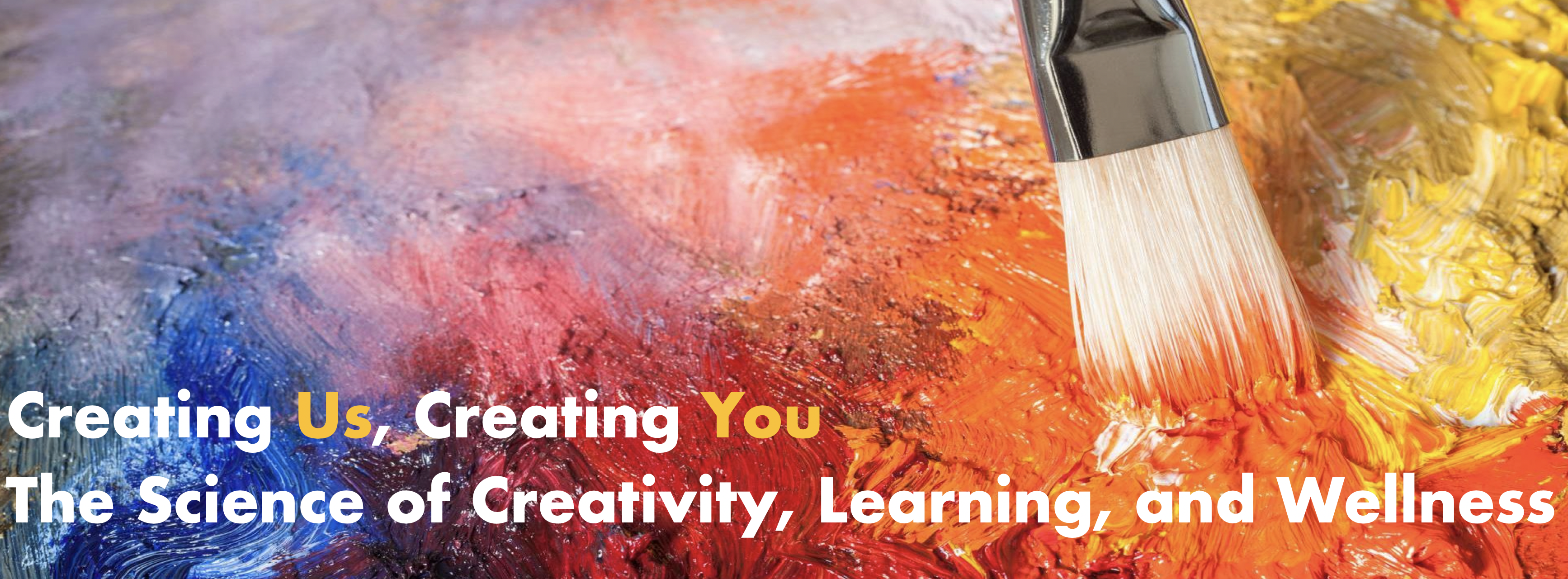By Dr. Melissa Schmitz
Creativity. We know what it means, right? We use the word all the time and in a variety of ways. We judge it. What a creative idea! We recognize it. Johnny has a very creative mind. We seek it. There is a problem, does anyone have a creative solution? We believe you either have it or you don’t. I am not creative. We even made it into a process. The first step in the creative process is…

But what is creativity really? Take a moment and jot down your definition of creativity. By the way, there are no wrong answers, and no one is going to grade you.
Now that you have your definition, I’ll let you in on a secret. There is not agreement on the definition of creativity. Not even among experts. Reasons for creativity’s elusiveness relate to its complexity, long history, and ever-evolving nature. However, researchers, myself included, suggest more important than defining creativity is sharing what science knows about human creativity.
Thanks to recent advances in brain imaging, like EEG and fMRIs, neuroscientists are discovering how creativity works in the brain. While there is still much to learn, what has emerged from scientific data has helped to better understand human creativity. Brushing up on creativity means embracing creativity as a skill.
Creativity and creative thinking are comprised of skills that can be learned and developed just like any other skill. That means everyone is already, on some level, creative and everyone, even those already deemed creative, can become more creative. What does this newly evolved view mean for embracing creativity. Systems need to be changed to support creativity. Specifically, large societal systems, education, government, and business, need to adopt a creative awareness.
Companies like WISE HD are ready to support organizations as they make the transition into our new creative economy. WISE HD is an educational company applying scientific research to advance 21st-century skills. Skilled consultants provide courses, coaching, and curriculum services for leaders, managers, educational administrators, and teachers of small, medium, and large-sized organizations. Through general discussions and training on the science of creativity, collaboration, and innovation, the company’s researched-based approach makes 21st century skills tangible.